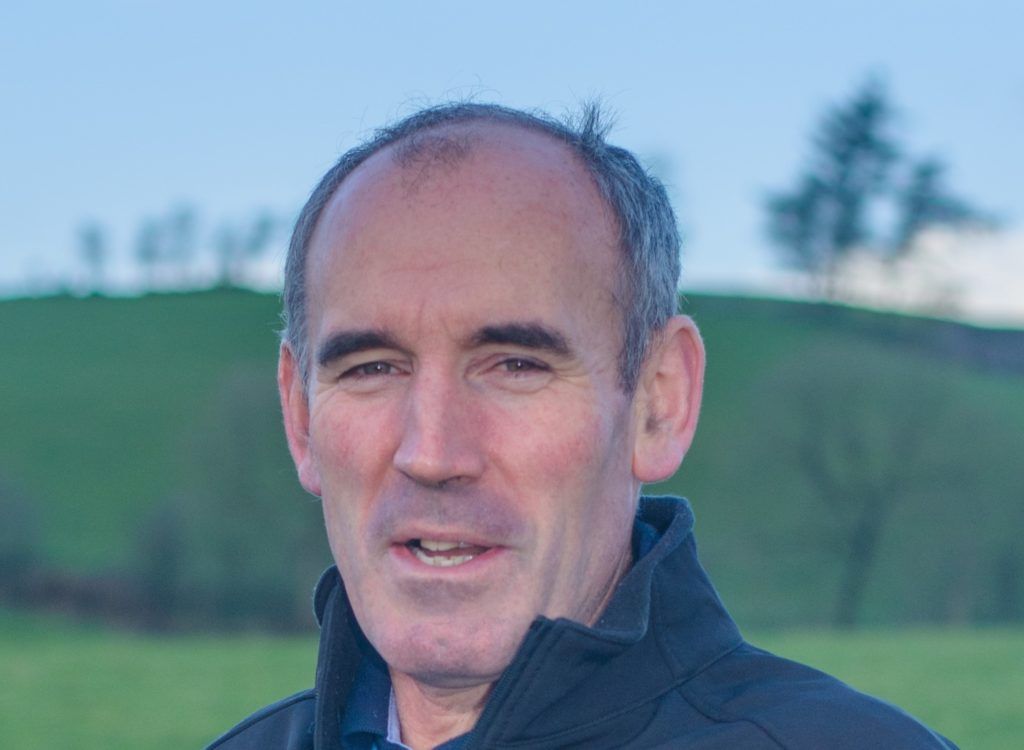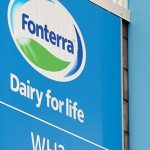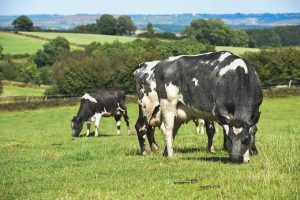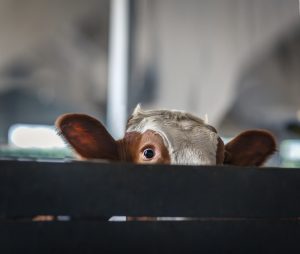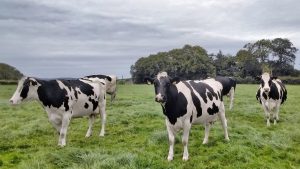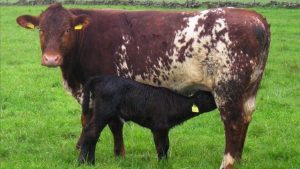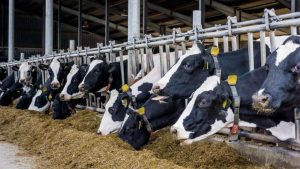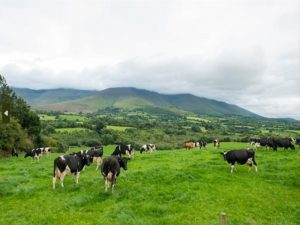
“The deferral of proposed new regulations in relation to the supply of anti-parasitic medicines until June 1, 2022, is a step in the right direction, but ICMSA remains seriously concerned by the complexities of the new system and the additional costs being imposed on the sector at a time when it is also facing many other challenges. It is correct and proper that a deferral has been announced and – if necessary – it will have to be further delayed to put in place an effective, workable and cost-efficient regime,” said Mr. McCabe.
The ICMSA Deputy President said that the deferral for anti-parasitics should also apply to other veterinary medicines and so give time for the electronic prescription system due to apply from the end of January 2022 to ‘bed-in’ and identify and correct specific issues. Mr McCabe said that the priority had to be ensuring that famers have access to necessary antibiotics when they required to address specific animal health issues. As an example, Mr. McCabe noted that dairy farmers using lactation mastitis tubes will be subject to the full implementation of the Veterinary Medicine Regulations as from January 2022.
“Just bluntly speaking, ICMSA does not feel that the sector is ready for such a change. We think there is a need for further clarity on the requirements and farmers need to be given assurances that the new regime will be workable at farm level. That is not the situation at present and we fear a great deal of confusion that could be alleviated by a deferral for all veterinary medicines until June while a workable and practical regime is finalised. This is the Minister’s direct responsibility and we think that he would be very prudent to announce a general deferral till then,” said Mr. McCabe.
